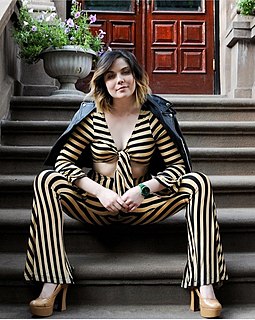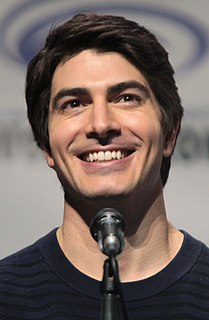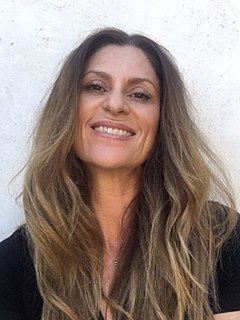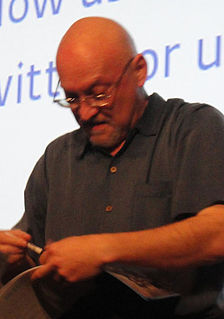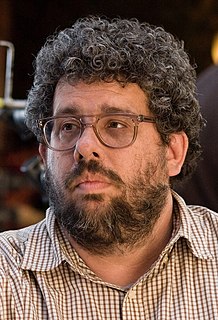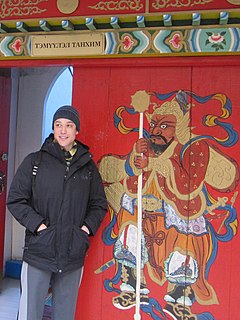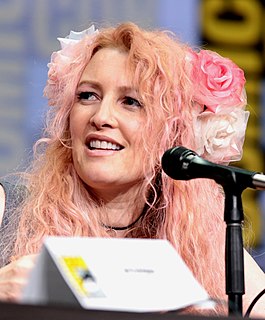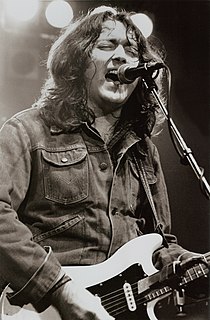A Quote by Ewan McGregor
I'm not really a blockbuster, I'm not a member of that audience really.
Quote Topics
Related Quotes
I make some movies for myself. I do that sometimes when the subject matter is very sensitive and very personal and I really can't imagine that I'm an audience member. I would lose myself too much if I thought of myself as the audience. There are other types of genre films that I need to be able to direct from the audience, to be right next to you watching the picture being made.
I don't understand choreographers who say they don't care about the audience or that they would be happy to present their works non-publicly. I think dance is a form of communication and the goal is to dialogue with the audience. If an audience member tells me they cried or that the dance moved them to think about their own journey or a family member's, then the work is successful.
Playing live is much more natural for me. The instant reaction and the feedback from the audience is great for me. I really relish it. And if you play blues-based music, it's not really academic music or recital music. It really needs a bit of atmosphere and a bit of interplay and a bit of roughness, and you really get that with an audience.
When you're watching yourself work, you're not really an audience member for yourself. Even being confronted by your own image can be jarring sometimes. The experience of making a movie or a television show is this really full one, and sometimes you see it and even if it's a great piece of work, it's not the experience - i t's almost sad because it reminds you of something that isn't anymore.

